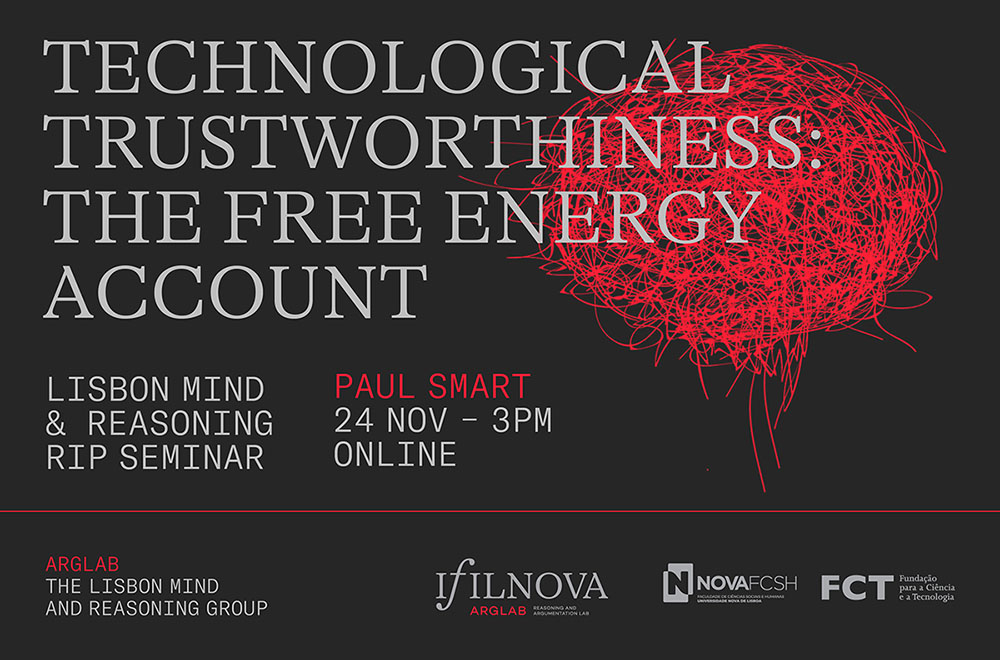Paul Smart

There has been a recent flurry of research into trustworthy technologies. This interest is perhaps most keenly felt in the case of AI systems, but it extends to include a broad array of technological systems, some of which operate at national or super-national levels (consider, for example, track-and-trace COVID apps). The interest in trustworthy technology has prompted the search for a theoretical account of trustworthiness that is applicable to the realm of technological systems. Ideally, such an account should be compatible with accounts of trustworthiness that have been described in the philosophical literature; unfortunately, however, existing accounts of trustworthiness are mostly directed to the realm of human–human relationships and are difficult to apply to technological systems. As a means of advancing our understanding in this area, we propose a new account of trustworthiness. This is what we call the free energy account. The account draws inspiration from recent work in theoretical neuroscience and deep machine learning, especially that which emphasizes the importance of generative models and the minimization of statistical free energy (or prediction error). We suggest that trustworthy entities are concerned with the minimization of a socially-inflected variant of free energy, called social free energy. This account is applicable to both human and technological trustees, and it affords an important opportunity for theoretical integration. In addition, the free energy account resolves a number of issues and problems that have surfaced in prior philosophical work.
Bio
Dr Paul Smart is a Senior Research Fellow in Electronics and Computer Science at the University of Southampton, UK. His research interests lie at the interface of network science, computer science, and cognitive science. He is particularly interested in the cognitive and epistemic significance of emerging digital technologies, especially the role of the Web in shaping individual and collective forms of cognition. Paul is currently involved in research efforts that seek to investigate the forces and factors governing trust-related judgements in technological and socio-technical contexts. He also undertakes research in respect of mixed reality devices, multi-agent systems, and large-scale social media systems. Paul is a professional member of the Association of Computing Machinery, a member of the Cognitive Science Society, and a Fellow of the British Computer Society. His books include “Minds Online: The Interface between Web Science, Cognitive Science and the Philosophy of Mind” (Now Publishers) and “Blade Runner 2049: A Philosophical Exploration” (Routledge).
To join the session on Zoom, use this link (password: 566449).

